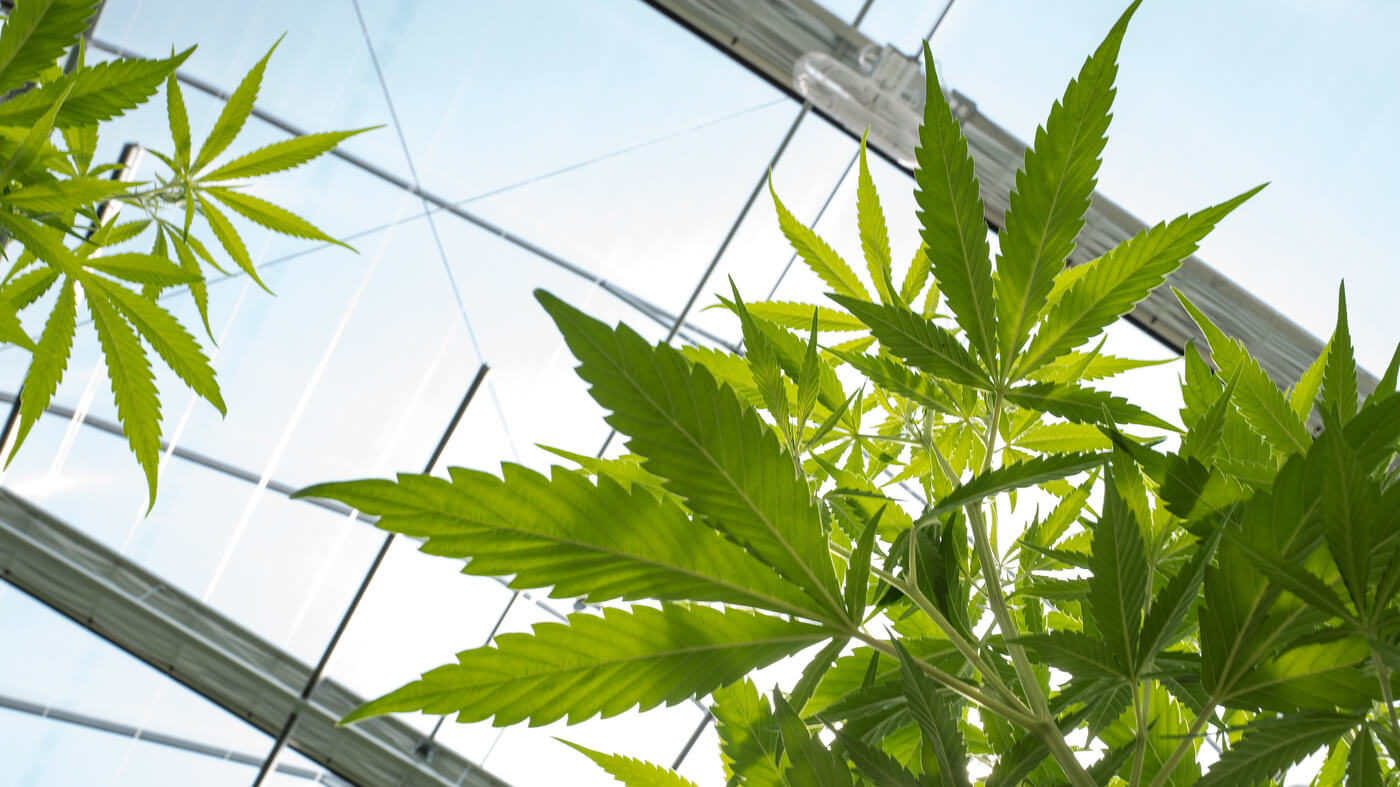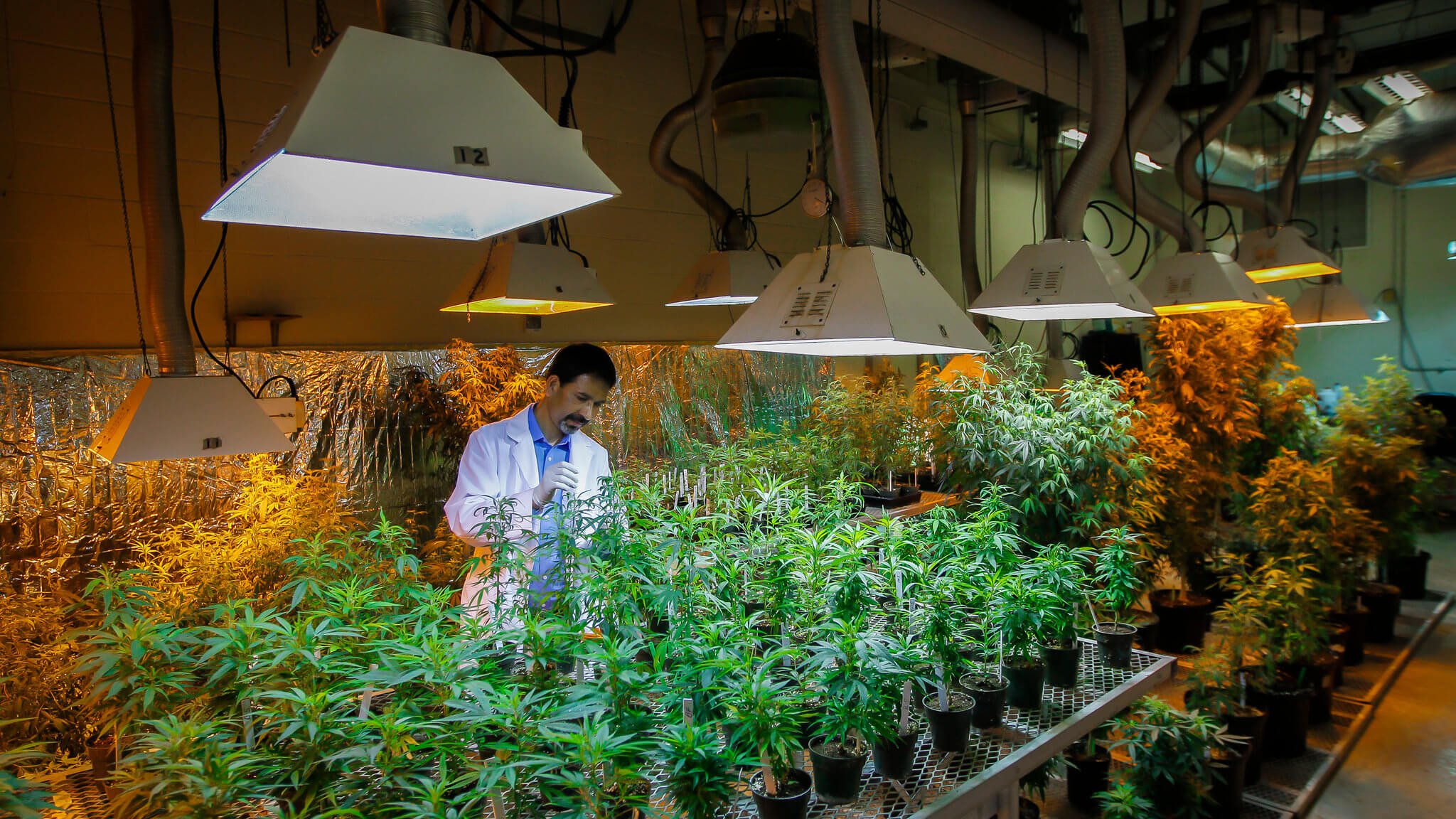The Marijuana Justice Act: Ending Pot Prohibition
Has America Ended Pot Prohibition Once and For All?
The Marijuana Justice Act of 2017 Says, “Yes”
Washington D.C. has legalized marijuana for 8 states in the U.S and for the first time in a long time the question of ending prohibition is again on the table for the entire nation. You see, as the data on the legality of marijuana has come through, reports are surfacing that reveal a decrease in violent crime in legal marijuana states, as well as higher sales revenue, according New Jersey Democrat Senator, Cory Booker.This data is the driver behind the Marijuana Justice Act of 2017 introduced August 1, 2017. Passing of this bill could finally put the illegal marijuana business to rest and allow all American citizens the freedom to enjoy cannabis and its healing properties without the fear of legal reproductions. It would also trickle downstream to help those convicted of pot crimes by offering opportunities of state sponsored programs similar those who have not yet been convicted of any marijuana related crime.
So... What Would The Benefits Be?
Booker believes law enforcement could better utilize its time frying bigger fish than your typical dime bag broker who sells pot to get his friends. The proposed bill would remove cannabis from the Schedule I list of drugs covered by the U.S. Controlled Substances Act. This would finally take cannabis out of the same category as much more potentially harmful Schedule I substances like heroin.
The Drug Policy Alliance, a non-profit organization focused on drug reform policy further explained what the Marijuana Justice Act of 2017 is hoping to achieve.
- Cut federal funding for state law enforcement and prison construction if a state disproportionately arrests and/or incarcerates low-income individuals and/or people of color for marijuana offenses
- Allow entities to sue states that disproportionately arrest and/or incarcerate low-income individuals and/or people of color for marijuana offenses
- Prevent deportations of individuals for marijuana offenses
- Provide for a process of expungement for marijuana offenses at the federal level
- Provide for a process of resentencing for marijuana offenses at the federal level
- Create a “Community Reinvestment Fund” of $500 million to invest in communities most impacted by the war on drugs, for programs such as job training, re-entry, community centers, and more.
Part of the funding will come from the aforementioned cuts to state law enforcement and prison construction.The New Jersey Senator later called out the current marijuana laws for their unfair targeting of “poor and minority communities,” as well as veterans. He also stated the unjust severity and length of sentences for teenagers who get caught up in marijuana related crimes.To make even more of an impact, Senator Booker was accompanied by Mogan Hintz, a four year old child with epilepsy who has been using cannbidol (a marijuana-derived chemical) to help with her seizures. The bill would also allow those with cannabis related charges to become eligible again for such things as business licenses, Pell Grants, public housing, food stamps, and other governmental perks.
Creating a Stronger Community Around The Herb
This progressive approach to marijuana prohibition is one step towards a global evolution by changing the way we look at marijuana. And today, the United States government is ready and willing to give Americans the right to choose which medicine works best for them, potentially reducing the damage associated with pharmaceutical medications including opioids.This change, in the way the United States government looks at marijuana, could not only change the current archaic stigma towards the drug, but it could also aid in opening up the doors for marijuana medical research.With universities and scientists now able to test, and experiment with marijuana there is no telling what may happen as we continue to push the question, “Should we end marijuana prohibition in America?” However, there is much that can be learned now, as we have finally been given the green light to ask the question.
Are you ready for the change?
 Businesses such as Puration, Inc are already preparing for the bill to pass, investing millions in marijuana growing operations. That could mean more American jobs, more revenue and a lasting evolutionary change in the way Americans look at medicine.Co-founder of United Patients Group, John Malanca stated "We work with thousands of patients across the country who use medical cannabis to address serious conditions and alleviate needless suffering. Even though a grassroots movement has led to medical access in 29 states, federal recognition is key, and Sen. Booker’s legislation is long overdue.”Due to the overwhelming support of Americans in favor of marijuana use for medical purposes as well as recreational use, the proposed Marijuana Justice Act of 2017 could give the American people the freedom to choose their own preferred medicine without fear of punishment by their own government.
Businesses such as Puration, Inc are already preparing for the bill to pass, investing millions in marijuana growing operations. That could mean more American jobs, more revenue and a lasting evolutionary change in the way Americans look at medicine.Co-founder of United Patients Group, John Malanca stated "We work with thousands of patients across the country who use medical cannabis to address serious conditions and alleviate needless suffering. Even though a grassroots movement has led to medical access in 29 states, federal recognition is key, and Sen. Booker’s legislation is long overdue.”Due to the overwhelming support of Americans in favor of marijuana use for medical purposes as well as recreational use, the proposed Marijuana Justice Act of 2017 could give the American people the freedom to choose their own preferred medicine without fear of punishment by their own government.
What’s your vote?
Join us on social media and tell us how you feel about the Marijuana Justice Act of 2017.

